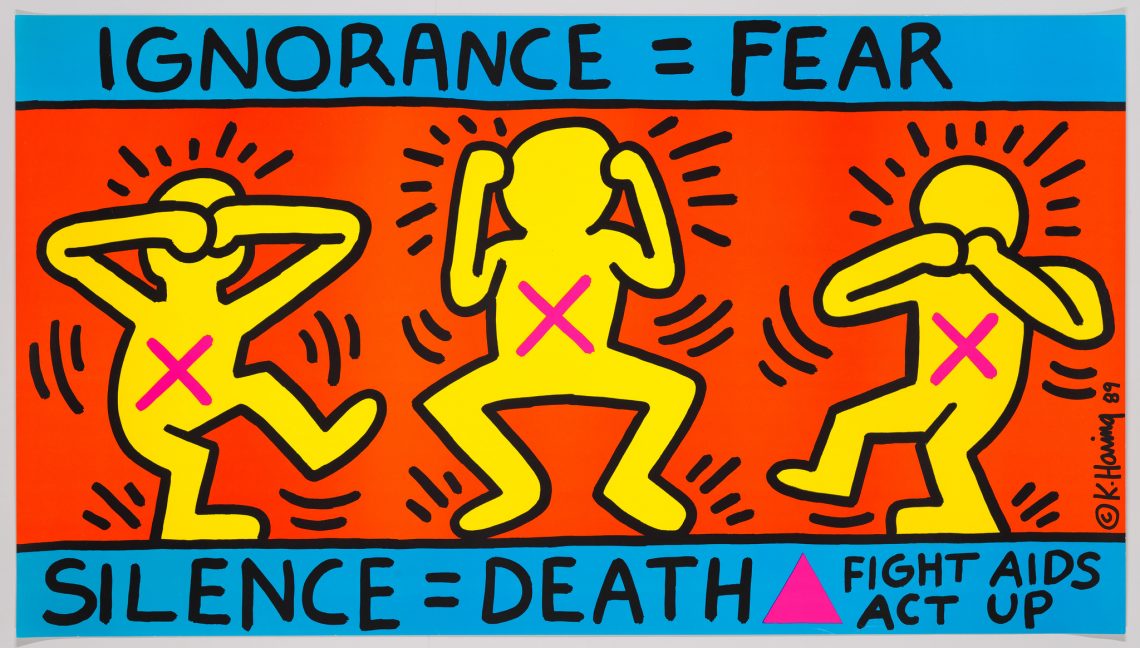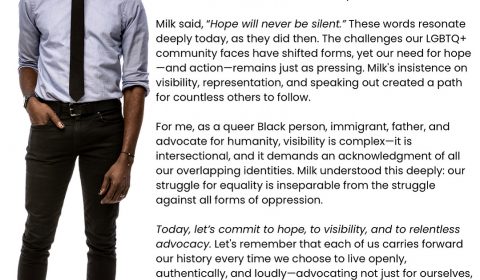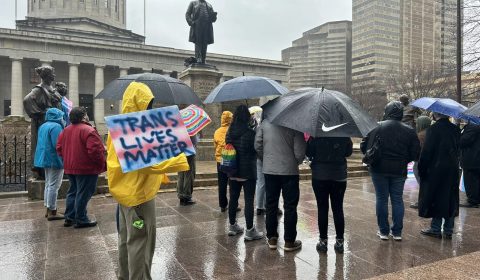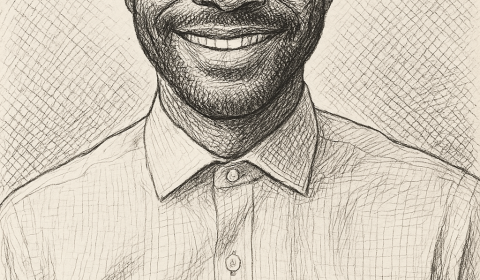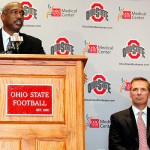In 2019, the first Trump administration announced an ambitious goal: to end the HIV/AIDS epidemic in the United States by 2030. It was a rare moment of bipartisan alignment on a public health crisis that has devastated communities—particularly Black, Brown, queer, and trans communities—for decades. The initiative was supposed to be a turning point, a recommitment to the hard lessons of the past and the promise of a healthier, more equitable future.
But promises are fragile. And in the years since, the very foundations of that plan have started to erode—not from lack of will among the people who continue to do this work on the ground, but from a shifting political climate that treats public health like a partisan game.
Recent moves from President Trump and key figures in his second administration reveal an unsettling truth: the same President that once pledged to end the HIV/AIDS epidemic is now actively dismantling the very infrastructure that made such a promise even remotely possible.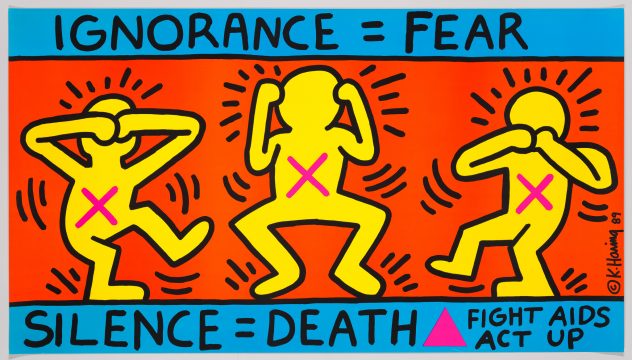
You cannot claim to fight an epidemic while cutting the lifelines of those most affected by it.
The contradiction is glaring: to push a goal of ending HIV/AIDS in the U.S. in one breath, then slash the programs and agencies designed to meet that goal on the next exhale. It is a reminder that political theater often takes precedence over public health, human lives—especially when the communities most at risk are the same ones most often marginalized in national discourse.
The image above, designed by Keith Haring in partnership with ACT UP in 1989, feels heartbreakingly relevant again. “Silence = Death” was a rallying cry during the height of the HIV/AIDS crisis. It called out government inaction, societal indifference, and the deadly consequences of ignoring a virus that disproportionately affected LGBTQ+ people. Today, that silence looks different. It shows up in the form of policy shifts, budget cuts, and administrative dismantling. And the outcome? Deadly.
We cannot afford this regression. We cannot allow decades of hard-won progress to be erased by apathy, cowardice, or political posturing. Ending the epidemic can not just a campaign slogan—it is a moral imperative.
We must demand better. From our leaders, from our systems, and for ourselves. Because silence still equals death.
And the time to act—again—is now.
